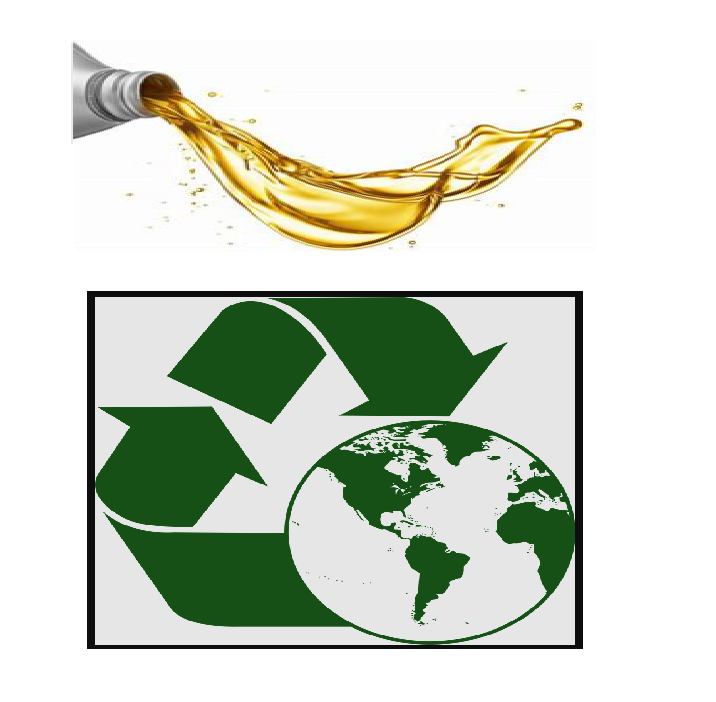OSS Ltd v Environmental Agency, 2007 3 CMLR 30
Citation:OSS Ltd v Environmental Agency, 2007 3 CMLR 30
Rule of thumb:Can you object to recycling rules & refuse to do it? No, what is waste/rubbish now has a much narrower meaning – if any person or organisation is required to do recycling of any potential thing then they must do it.
Judgment:
The basic facts of this case were that an organisation was required to recycle lubricating oil after they had used it. They objected to this and insisted that this was rubbish to go in the bin. It was explained that this could be used in fuel burning and that it therefore had to be recycled. The legal meaning of waste is much broader than most people would literally understand ‘waste’ to mean – people have to be careful in considering what is waste and what is not, ‘The ordinary English meaning of the word discard is an imperfect guide to its significance in the definition of waste (legal definition)’, Lord Carnwath at 13
Ratio-decidendi:
‘Understandably, the court has held that a material does not cease to be waste merely because it has come into the hands of someone who intends to put it to a new use. But that should not be because it still meets the Art.1(a) definition in his hands; but rather because, in accordance with the aims of the Directive, material which was originally waste needs to continue to be so treated until acceptable recovery or disposal has been achieved. Unfortunately the court has consistently declined invitations to develop workable criteria to determine that question. Instead, it continues to insist that the ”discarding” test remains applicable, even where the ”holder” is an end-user such as Epon, whose only subjective intention is to use, not to get rid of, the materials in issue . . In other words, although the Court continues to pay lip-service to the ”discarding” test, in practice it subordinates the subjective question implicit in that definition, to a series of objective indicators derived from the policy of the Directive. What is required from the national court is a value judgment on the facts of the particular case in the light of those indicators.’ Carnwath LJ

Warning: This is not professional legal advice. This is not professional legal education advice. Please obtain professional guidance before embarking on any legal course of action. This is just an interpretation of a Judgment by persons of legal insight & varying levels of legal specialism, experience & expertise. Please read the Judgment yourself and form your own interpretation of it with professional assistance.

